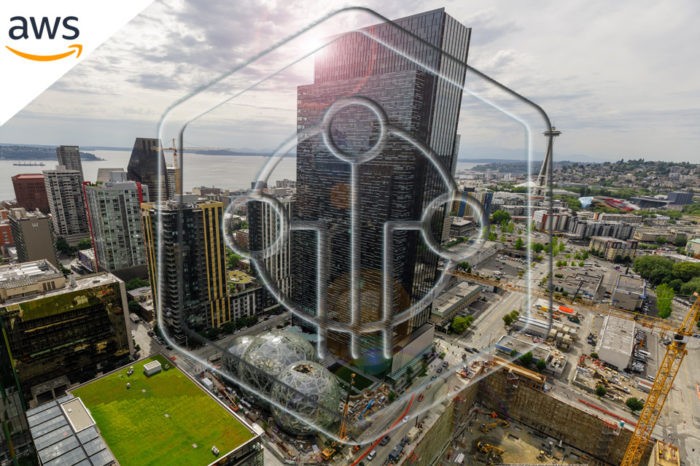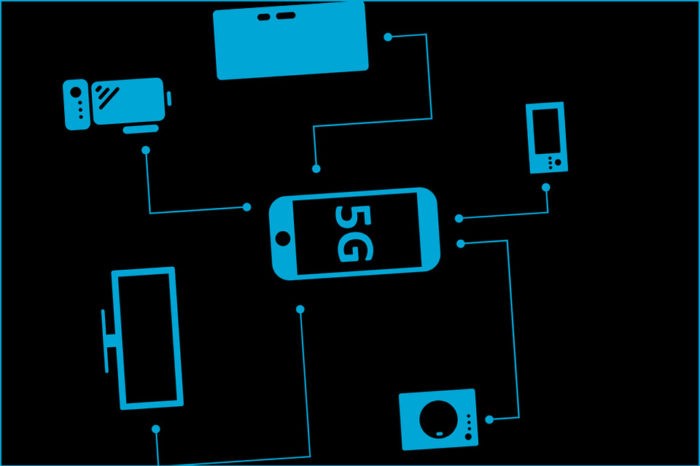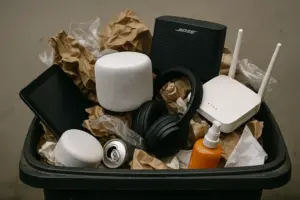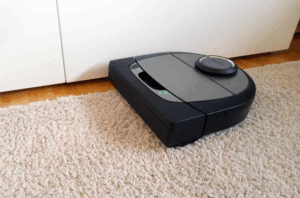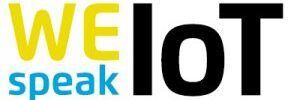Smart parking in Cottbus: “Park and Joy”

While many other German cities still use display boards and radio reports to inform about free parking areas during events such as trade fairs, Cottbus in Brandenburg now goes for the Internet (of Things).
In cooperation with Deutsche Telekom, Cottbus intends to offer a new system for using parking space from the second half of 2018 under the motto “Park and Joy” (find, book, park, pay).
“Cottbus is one of the first cities in Germany where we are introducing our smart parking system. With’Park and Joy’ there is now an app for comfortable parking: find a parking space and pay in just two clicks“. – Markus Keller (Telecom, Smart City)
The cooperation partners promise less stress when looking for a parking space in Cottbus/Chósebuz: With the Telekom app “Park and Joy”, drivers shall be able to find free parking spaces in the city more quickly in the future. Parking fees will also be paid by mobile phone.
“Our citizens get a better overview of free parking spaces. Search traffic can thus be reduced and air quality improved. In view of increasing mobility, such digital services enhance the attractiveness of our city centre. For us, this is an important step towards the digital city.” – Holger Kelch (Lord Mayor of Cottbus)
Sensors to report free parking spaces
In future, the “Park and Joy” app will show where there are probably free parking spaces at the destination. To ensure that this information is as accurate as possible, car parks are going to be equipped with sensors. Those then send information about the current occupancy level. Deutsche Telekom uses a new radio technology for this, the so-called “Narrow Band Internet of Things (NB-IoT)”. This means that the sensors have low energy consumption but a long range at the same time.
In addition to these sensors, the parking system will also use other data for forecasting free parking spaces. These include, for example, anonymized network usage data, weather or calendar data and current event information.
In a next step towards Smart City, T-Systems would also like to connect “park and ride” areas and multi-storey car parks to Deutsche Telekom’s parking concept. Then drivers should be able to reserve their parking spaces there in advance.
To verify their participation in IoT car park management, participating car users will still have to generate a vignette on the Internet, print it out and place it visibly behind the windscreen when parking – as is usual with other methods.
Progress or regress?
It remains to be seen whether this system will last in its current form and can offer any added value for drivers. As long as the parking areas managed by the system are not also at least equipped with feedback systems (e.g. coloured lighting/display devices) (to indicate a reservation) – and as long as parking on public parking areas (this should not change) is under the maxim “First Come, First Serve”, it seems to be rather unwieldy and impractical to use mobile phones for parking in the future. Even the promise of stress-free parking seems untenable – in fact, it would be far more annoying to look for a parking space via app before driving in Cottbus; to book it and drive to it specifically, only to find out that it is already occupied.
However, providing information on the utilisation of parking spaces is highly desireable – but should be a free service provided by the city.






